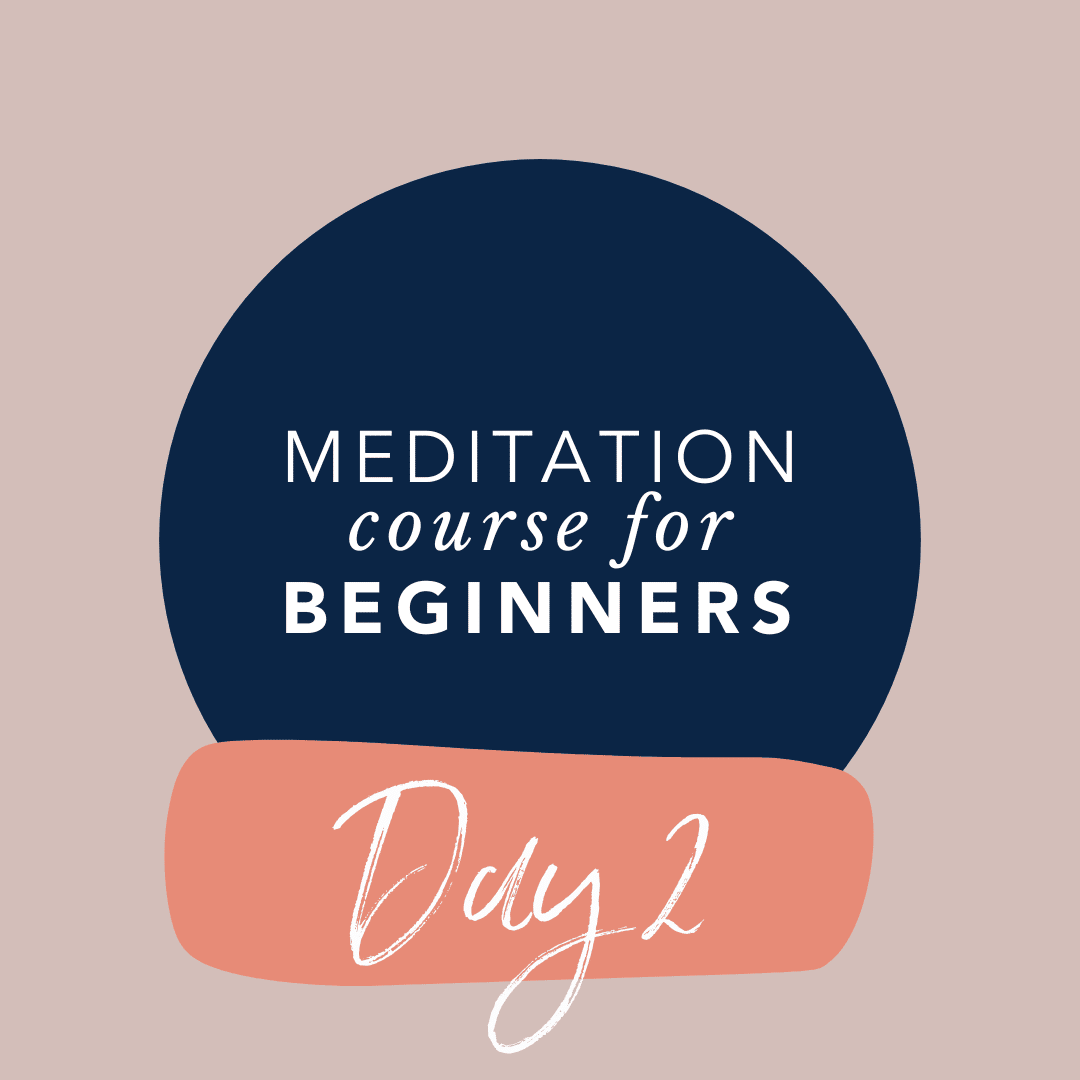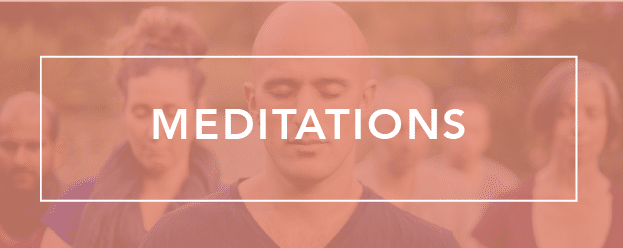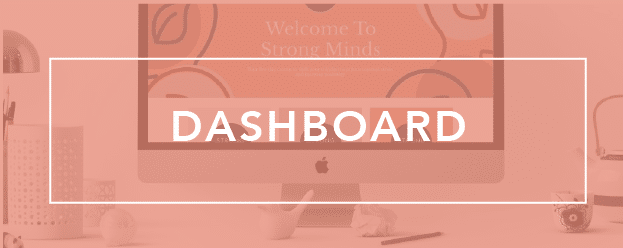Strong Minds Day Two


‘This very moment, we can change our lives. There was never a moment and never will be, when we are not without power to alter our destiny. This second, we can turn the tables on resistance.’
~Steven Pressfield How did you find yesterday’s five minute meditation? The great thing about such a simple and short meditation is that you can fit it into your day anytime, anywhere, to quickly calm yourself and bring back into the present moment. If you haven’t done it yet, don’t worry, no judgement – just keep going and come back to it when you’re ready. Today I want to discuss the difference between good stress and not-so-good stress. I will then explain how mindfulness works to keep you more emotionally balanced.Good stress
Fear or stress can have an important survival function when we’re in the middle of a crisis. During an emergency, adrenaline floods your system, preparing you to fight or flee by giving you the powers of hyper-vigilance and increased blood supply to the muscles. This might make you feel shaky or very “wired” but that’s all part of the self preservation response and getting you ready to take action. But once the crisis has passed, the parasympathetic nervous system (PNS) is meant to kick in to counter the fight-or-flight instinct and return you back to normal.Not-so-good stress
When we experience prolonged or repeated stress, you may find that your body has trouble returning to normal and remains in a hyper-vigilant state. You may stay “switched on”. Your heart and thoughts may continue to race, making it hard for you to sleep, or you may find yourself feeling agitated or teary for no good reason. Perhaps being over-reactive with others, snappy with loved ones, tense in situations where you’d otherwise be balanced, or just not quite yourself. You may become aware of stress showing up in your body, through sore muscles, tight shoulders or a tight jaw (often you don’t notice this until you start meditating and feel this unconscious tension). This kind of pervasive stress is not useful and may harm your quality of life, relationships or health. I invite you to take some time today to write down areas of your life where you have felt this kind of stress in the last few weeks, using the Meditation Course for Beginners Workbook as your guide. Do the five minute meditation again if you’d like, to help quiet the mind so you can gain insight into how you’ve been feeling lately, and in which specific areas. The good news is, mindfulness can help you recover from this.How mindfulness can help
Through sitting still and focusing our attention on the breath and body, mindfulness teaches us to become deeply self-aware of what’s happening in our minds and bodies, and how these two impact on each other. With greater moment to moment awareness of the activity of mind and bod, we become empowered to choose our responses rather than react and be a slave to the ongoing stream of unhelpful thoughts – the kind that unnecessarily amplify our stress, entangling us in excessive worry. That’s why I want to invite you to keep going and commit to your meditation practice these next few days, so you can witness experientially what can happen when we still our bodies and focus our attention intentionally.TODAY’S Meditation
The meditation I’d like you to do today is just over 8 minutes long. It’s called Mindfulness of the Body and you can find it below and download it on the Meditation Course for Beginners meditation dashboard.Day 2: Mindfulness of the body
Lastly, here’s a tip on how to be mindful throughout your day today
As you move through the day, practice mindfulness in motion. Consciously tune in to your senses. Perhaps as you walk down the street take a moment to listen to the sounds around you, notice the colours, shapes and light and shadow, feel your body in space (warmth, coolness, your feet on the ground). In this way you are beginning to train in mindfulness not only while you meditate but as you move through your day as well. It might feel like nothing when you begin, but through practising in this way you are slowly training your brain to pay attention to what is happening in the present moment, rather than be constantly hijacked by thoughts – which so often causes us stress and take us out of the here and now.
Consciously tune in to your senses. Perhaps as you walk down the street take a moment to listen to the sounds around you, notice the colours, shapes and light and shadow, feel your body in space (warmth, coolness, your feet on the ground). In this way you are beginning to train in mindfulness not only while you meditate but as you move through your day as well. It might feel like nothing when you begin, but through practising in this way you are slowly training your brain to pay attention to what is happening in the present moment, rather than be constantly hijacked by thoughts – which so often causes us stress and take us out of the here and now.
Warmly,
Elise
P.S If you have questions or find yourself struggling, we have a warm and generous community here on Facebook that can help you. Drop on in, introduce yourself and ask the group your question or share a story of an experience you’re having. They will be more than happy to help you – as will I.
STAY ON TRACK:
[progressally_objectives]



